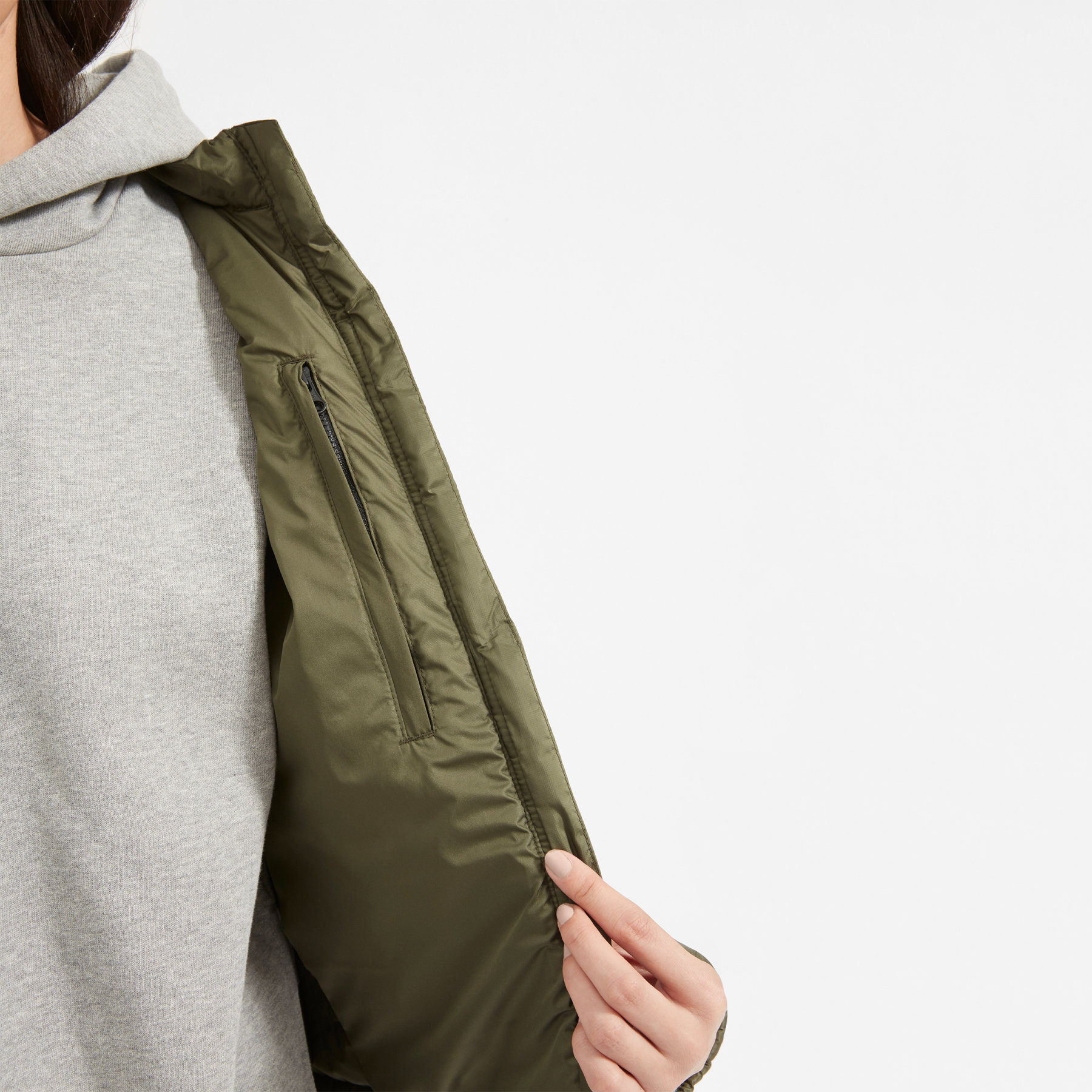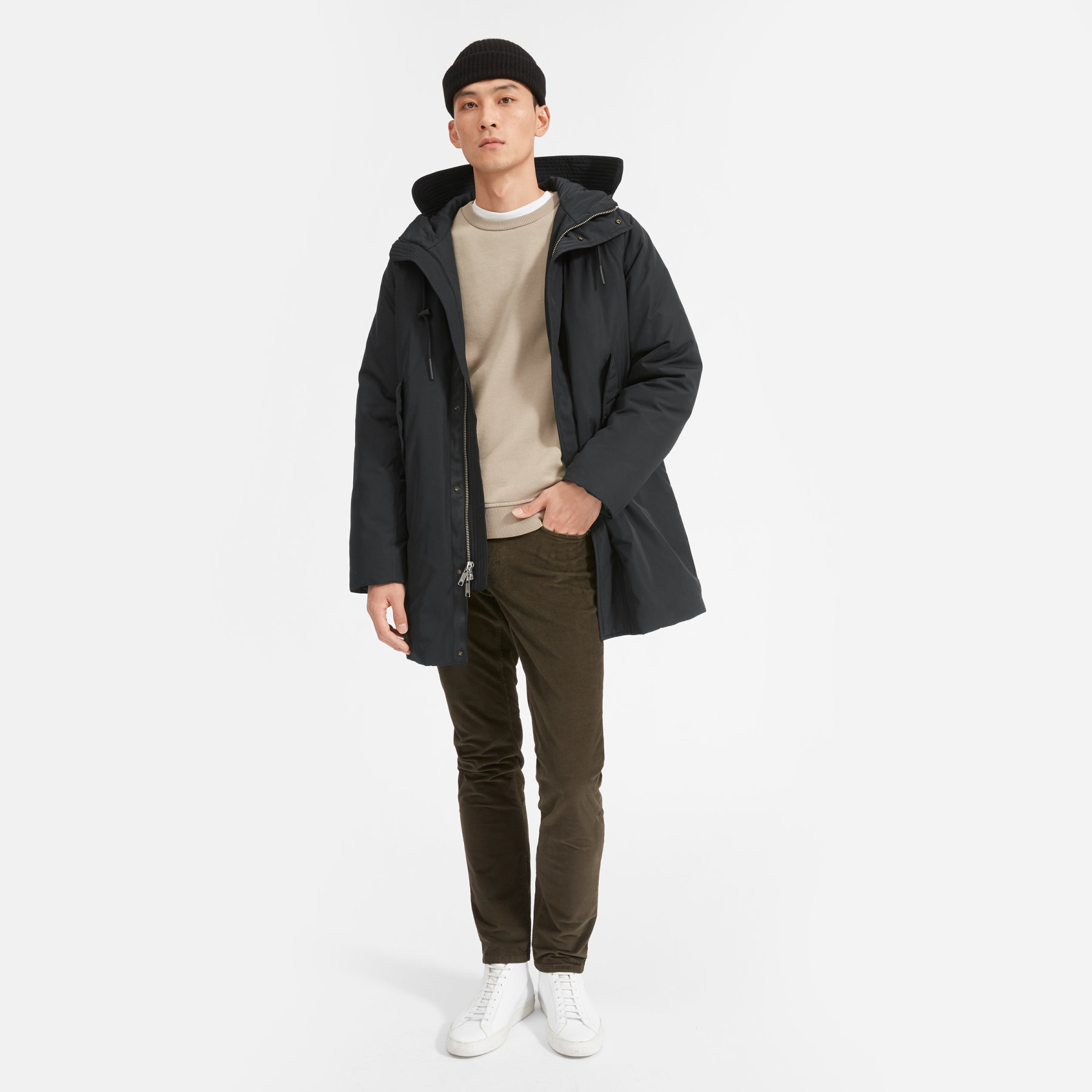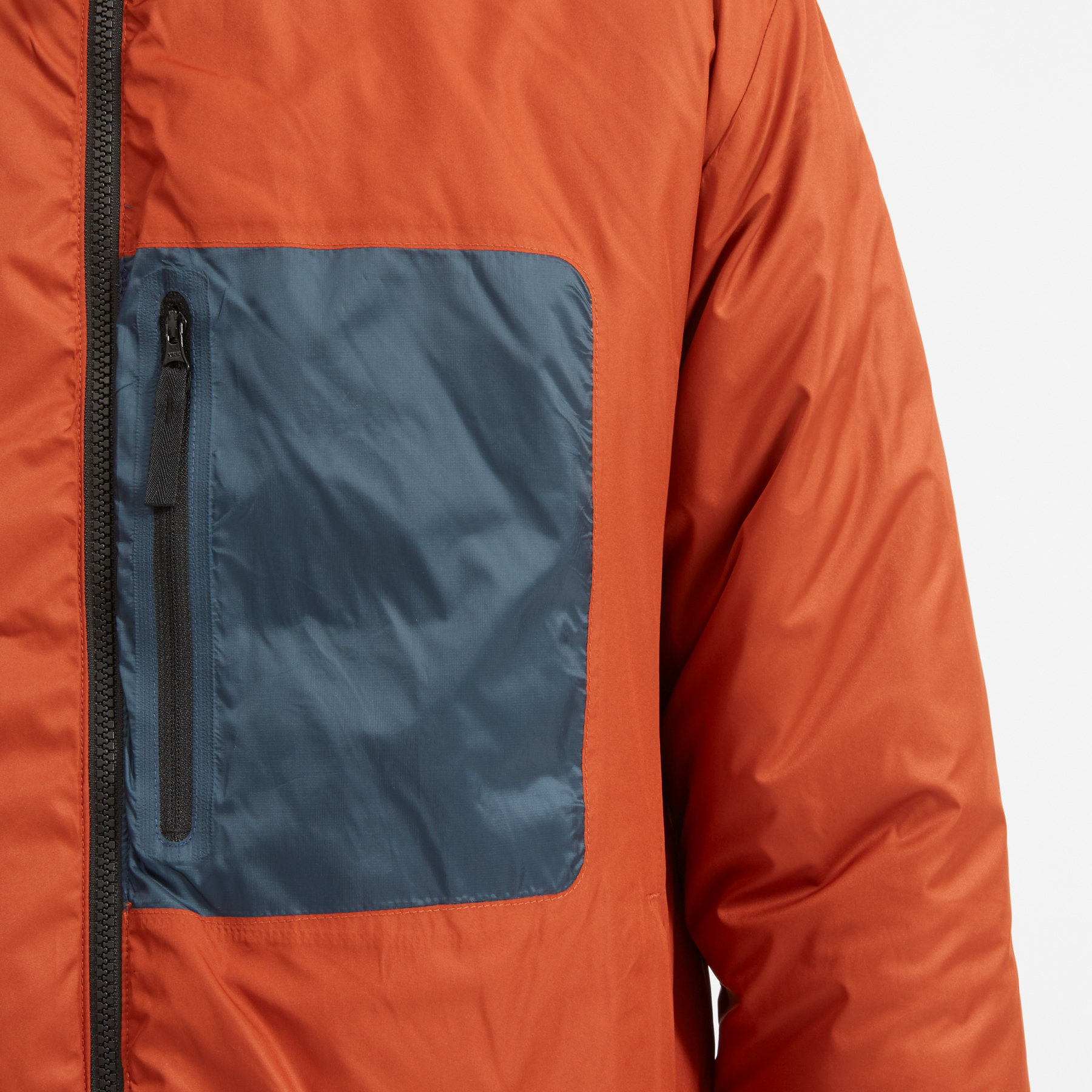Everlane: Reshaping Sustainable Fashion
Founded in 2010, Everlane presented a powerful slogan: “Modern basics. Radical transparency.” The last two words might seem like an empty promise to some consumers in an age of greenwashing fashion marketing, where brands boast labels of “ethically made” and “Made in the USA” while still paying their employees below minimum wage and refusing to reveal their supply chain or fabric sources. For example, H&M produces clothes under their “Conscious” label while still being a major buyer of clothes in Bangladesh, where the minimum wage is one of the lowest in the world.
Unlike companies that say one thing and do another, Everlane has always been consistent with their motto. In order to fulfill their slogan, the company strives to ensure ethical practices in their factories and always focuses on being as transparent as possible. Their commitment to transparency is evidenced by the explanation of prices on their website; this includes a breakdown of how much an item costs the company to produce and how much they charge for it. This price is dramatically low compared to traditional prices offered by other fashion companies.
An example of the stark price difference between Everlane and traditional retailers.
Once again, Everlane stays true to the ethos of their company with their new ReNew Collection, consisting of stylish and affordable fleece sweaters and puffer coats made with 3 million recycled water bottles. Not only did Everlane create a collection dedicated to reusing plastic, but the company saw a serious issue in the amount of plastic sitting around, waiting to be biodegraded. In addition to their ReNew collection, they made a promise to stop introducing new plastic into their supply chain by 2021. How’s that for sustainability and transparency?
This collection, as well as their genuine devotion to doing their part in reducing waste, is admirable and could quite possibly (and hopefully) be a catalyst for other fashion companies to do the same. In an age where the clothing and textile industry is responsible for being the second largest polluter in the world, it is important that we as consumers support businesses devoted to sustainability not only of their items, but of the planet as well.













